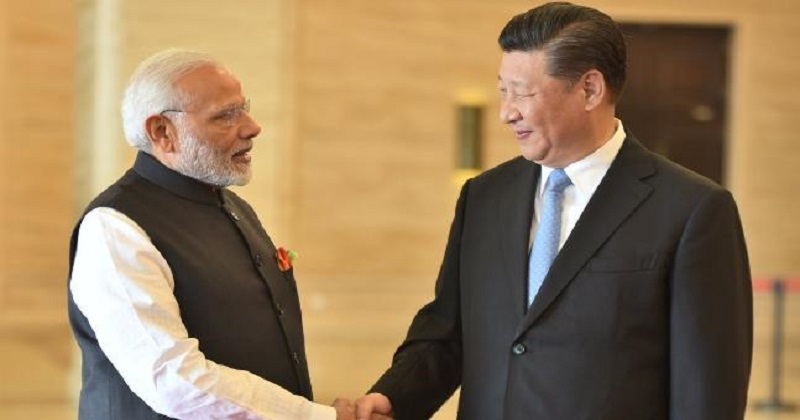
The use of force by Indian soldiers in the 2020 encounter with the Chinese PLA in eastern Ladakh was enthusiastically supported by Prime Minister Narendra Modi, and such steps to protect the national interest will be done in the future, according to National Security Advisor Ajit Doval. in a biography of the prime minister In the shadow of a pandemic, adversary forces attempted to undermine some of our most important objectives, necessitating the deployment of appropriate action.
At the highest level, this use of force was enthusiastically supported. It provided tactical freedom. Leaders and troops have demonstrated their willingness to oppose unilateral acts. So, while we behaved in a specific way during this crisis, there were alternative possibilities. Some have been used, and others will be used in the country’s essential and major interests are at stake, according to Doval’s book, Modi’s 20 Years in Power.
Modi@20: Dreams Meet Delivery, published on Wednesday, is an anthology of writings written by many renowned persons, including cabinet ministers like Amit Shah and S Jaishankar, praising Modis’ leadership and achievements. The conflict in eastern Ladakh between India and China, which began in April 2020 and lost the lives of 20 Indian soldiers, continues to this day, with several sticking points in the Galwan Valley, Charding Nala, and the still unresolved Depsang Plains.
According to Doval, prime ministers’ attempts to cultivate personal relationships with foreign leaders, particularly Chinese President Xi Jinping, have aided in the resolution of several crises. Doval stated that India has shown resolve both during and after the Doklam standoff in 2017. He also related an event in which Modi contacted Xi on the margins of the G-20 conference to discuss the matter.
Prime Minister Modi personally discussed it with President Xi after all other possibilities were explored. Prime Minister Modi demonstrated political savvy when he sought President Xi for an informal discussion on the margins of the G-20 conference in Germany. I watched the two leaders’ most dramatic interaction when they promised to find an expedient solution. The standoff was eventually overcome following a round of discussions. Doval stated that this would not have been achievable without the direct intervention of prime ministers.
After India protested against China constructing a road on the Doklam Plateau near the India-Bhutan tri-junction, the Indian and Chinese military engaged in a 73-day standoff in 2017. Even during the September 2014 conflict in Chumar, Ladakh, Modi took use of Xi’s visit to India to resolve the matter, according to Doval. During the impasse, the prime minister took advantage of President Xi Jinping’s upcoming visit to India. He was able to persuade President Xi of the need of ensuring the unconditional and prompt evacuation of Chinese forces during an informal meeting in Ahmedabad. He wasn’t relying entirely on traditional or military-to-military diplomacy.
The prime minister’s political determination to stay hard on national concerns was highlighted by India’s reaction to the Chinese president’s visit. Doval wrote on the decision-making process in Pakistan during the Pathankot incident in 2016, the Uri attack, and the Pulwama tragedy in 2019. Doval praised the prime ministers’ decision-making during the Pathankot assault, citing the attack on Uri that year, which was met by a strike surgery within PoK by Indian soldiers. A few things of Uri 2016 stand out.
For starters, it was a simultaneous operation with four distinct strike teams spread across a large geographical area. Second, it was a political appeal from the Prime Minister, implying that he accepted responsibility for both success and failure. It exemplified the highest level of risk-taking, a characteristic that few have shown. Third, it was novel planning in the sense that it caused chaos, fear, and bewilderment by instilling the enemy everywhere mentality. Despite a huge number of troops pushed forward, Pakistan’s army command chastised its ground formations for failing to tie down even a single attack squad across a broad frontage.
On the Balakot incident, Doval stated, ‘We replied to terrorist strikes in the land domain’. It was the first time an airstrike was planned and executed with skill, dispelling the idea of Pakistani nuclear blackmail. Balakot was distinct from post-Uri attacks. Tomorrow might be very different from now. This is still important to the Prime Minister’s way of thinking and directing the country. Doval also commended Modi’s dealings with West Asian nations, claiming that due to excellent connections with them, India had deported 150 terrorists in the last seven years.

Post Your Comments